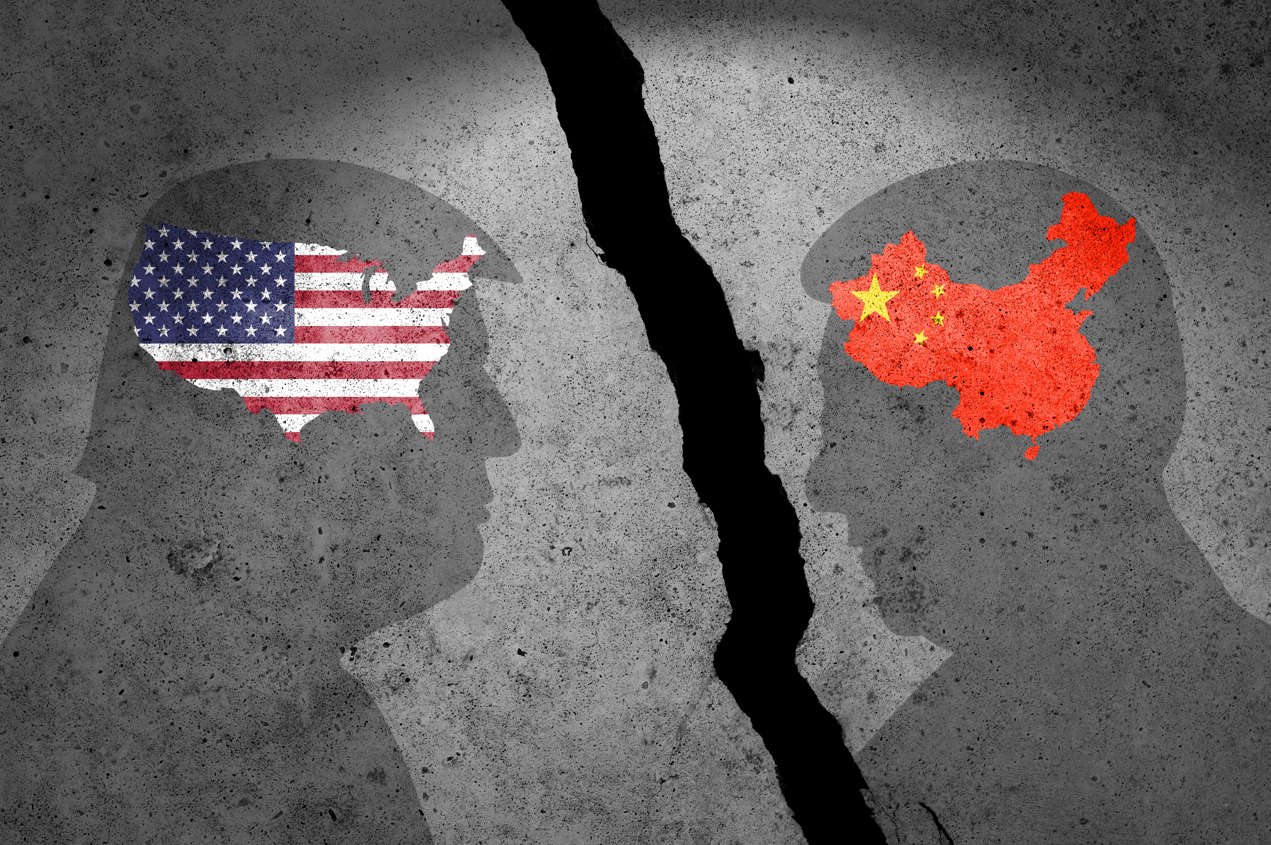
Brian Wong, Assistant Professor in Philosophy and Fellow at Centre on Contemporary China and the World, HKU and Rhodes Scholar
Aug 27, 2025
Conventional thinking would assume the Trump administration’s haphazard approach to China will become an articulated stance at some point, but the U.S. president is anything but conventional.

Jade Wong, Senior Fellow, Gordon & Leon Institute
Aug 26, 2025
The Alaska Summit signals a revival of major power coordination, with Europe determined not to forsake the peace dividends it has accrued over the decades. Seasoned by centuries of geopolitical maneuvering, European powers are poised to actively shape their own destinies rather than succumb to the will of others.
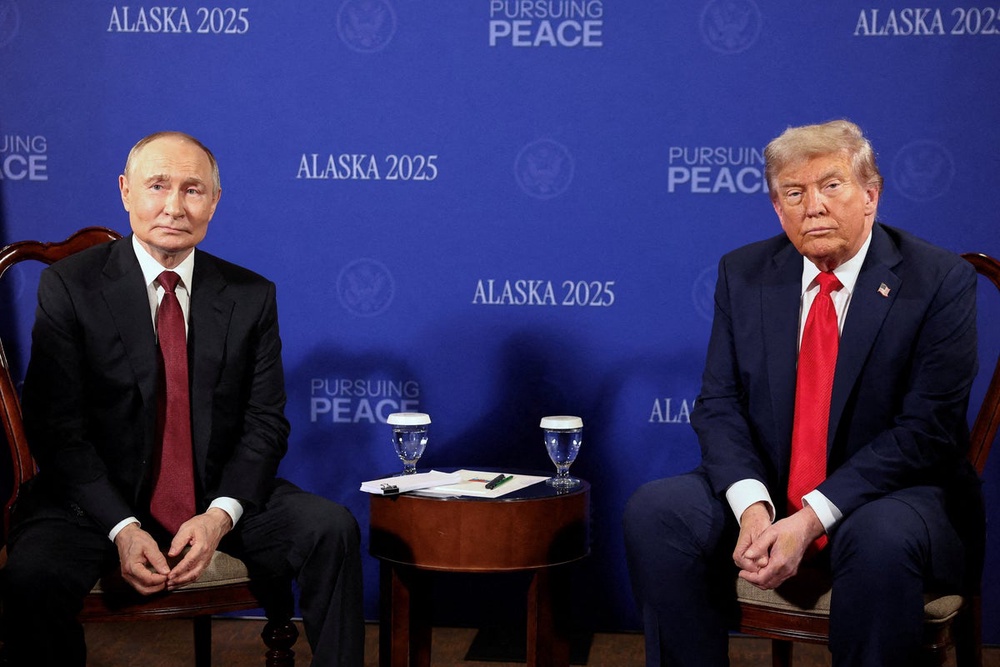
Sujit Kumar Datta, Former Chairman of Department of International Relations, University of Chittagong, Bangladesh
Aug 26, 2025
The legacy of Donald Trump may endure if only because he triggered a new global order through the law of unintended consequences. He has set in motion a major power shift in which China — aligning with India, Russia and key trade blocs — will become the global captain over the next 10 to 20 years.

Warwick Powell, Adjunct Professor at Queensland University of Technology
Aug 22, 2025
The war in Ukraine grinds on into its fourth year, and yet peace seems elusive. American President Donald Trump recently met Russian President Vladimir Putin in Anchorage, Alaska. Some hailed this as a breakthrough; others derided it as Trump being “played.”

Li Ziguo, Director and Research Fellow at Department for European-Central Asian Studies, China Institute of International Studies
Aug 22, 2025
While presidents Donald Trump and Vladimir Putin both got something out of the virtual bust, Europe and Ukraine are actually relieved that they failed to reach an agreement. This not only preserves Europe’s dignity but keeps the door open for future negotiations.

Jiayi Zhang, Researcher, Global Governance Institution
Tian Shichen, Founder & President, Global Governance Institution
Aug 22, 2025
The summit could mark a turning point in U.S.-Russia relations and lead to a rewriting of the geopolitical playbook. For China, the lesson is that it must hold fast to its principles, maintain strategic composure and pursue its interests on its own terms.
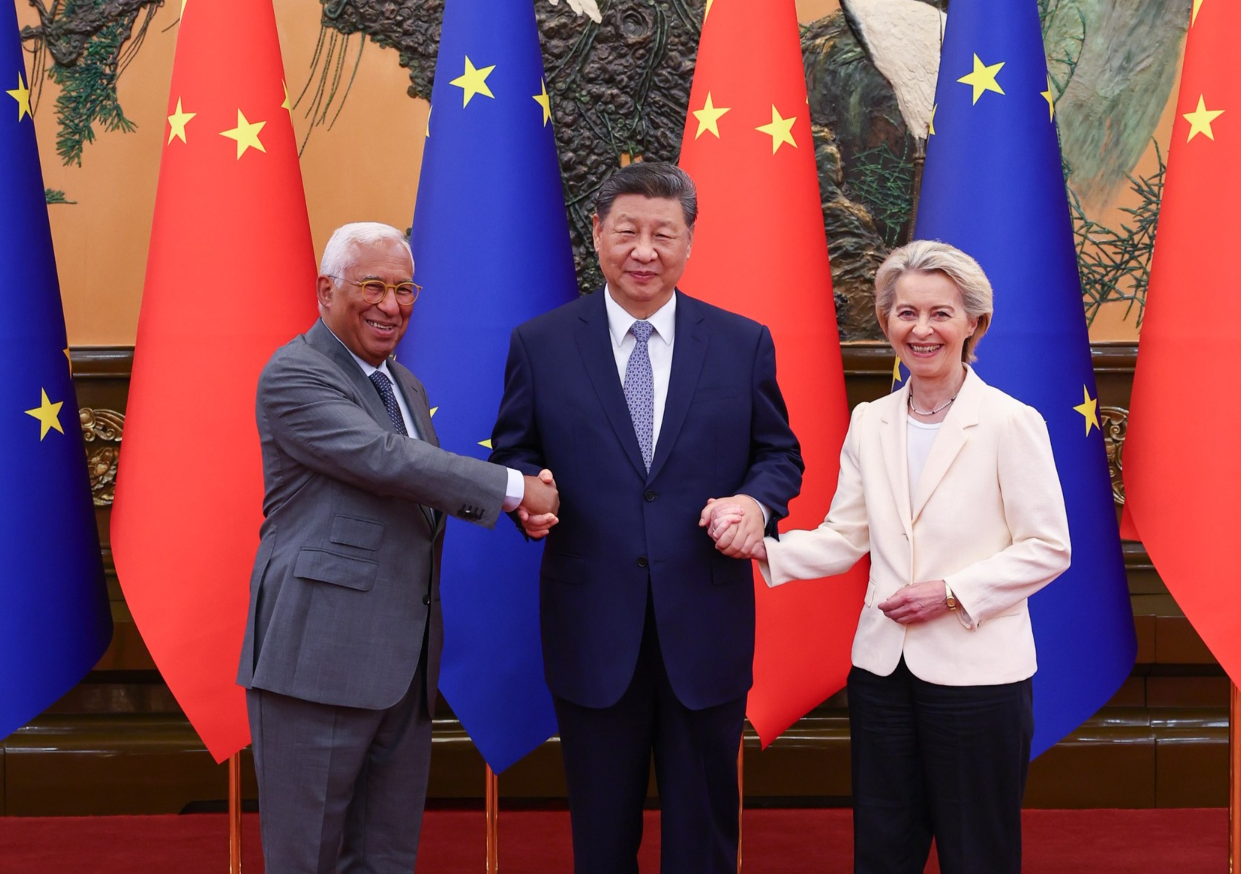
Tian Dewen, Senior Fellow, Institute of Global Governance and Development, Renmin University of China
Aug 07, 2025
Over the past 50 years since diplomatic relations were established between China and the European Union, differences have never become insurmountable obstacles. This is the proven pattern and the one to which they should continue to adhere in the future.

Brian Wong, Assistant Professor in Philosophy and Fellow at Centre on Contemporary China and the World, HKU and Rhodes Scholar
Aug 01, 2025
At the 25th China-EU Summit in Beijing, Chinese and European leaders acknowledged both overlapping interests and deep divergences, especially over China’s seeming alignment with Russia and the Ukraine war. While Beijing seeks improved economic ties with Europe, it continues to prioritize geopolitical security and its strategic rivalry with the U.S. over European concerns, limiting the prospects for major diplomatic improvements.
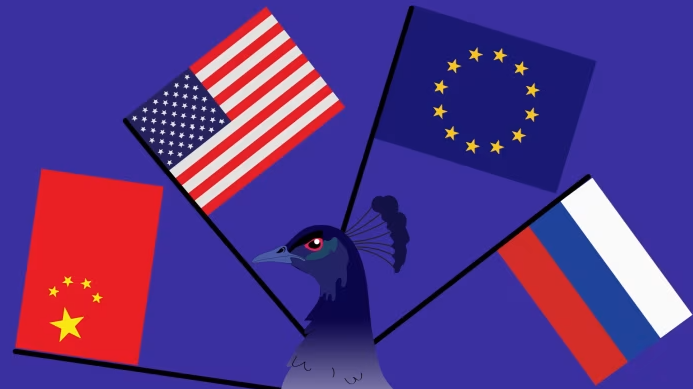
Brian Wong, Assistant Professor in Philosophy and Fellow at Centre on Contemporary China and the World, HKU and Rhodes Scholar
Apr 22, 2025
The early decades of the 21st Century have already seen a rapid shifting of global power, and today one could view the world’s relationships flowing through a four-way struggle for balance and dominance between the U.S., China, the EU, and Russia.
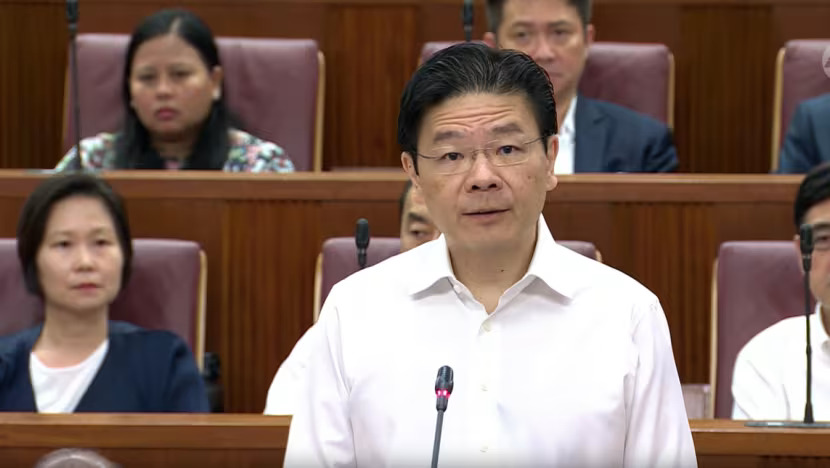
Richard Javad Heydarian, Professorial Chairholder in Geopolitics, Polytechnic University of the Philippines
Apr 22, 2025
The recent tariff episode shook global economic confidence in a way that’s only been seen in the aftermath of major catastrophes, despite relief coming in the short-term. Has the damage been done to America’s trade hegemony?
Back to Top

- China-US Focus builds trust and understanding between the U.S. and China through open dialogue among thought leaders.
- Our Offerings
- Topics
- Videos
- Podcasts
- Columnists
- Research Reports
- Focus Digest
- Stay Connected
-
Thanks for signing up!
- Get the latest stories from China-US Focus weekly.